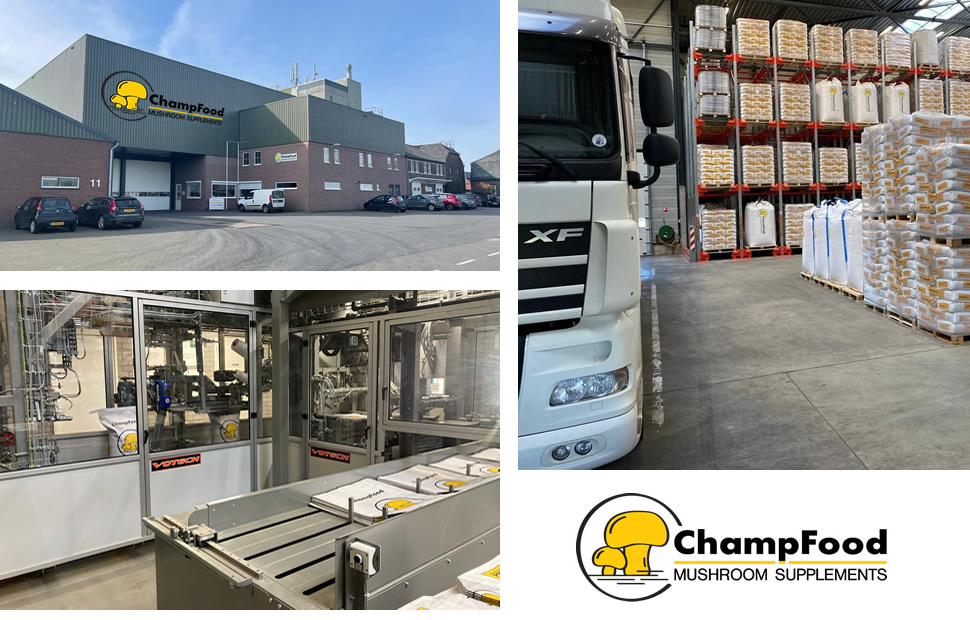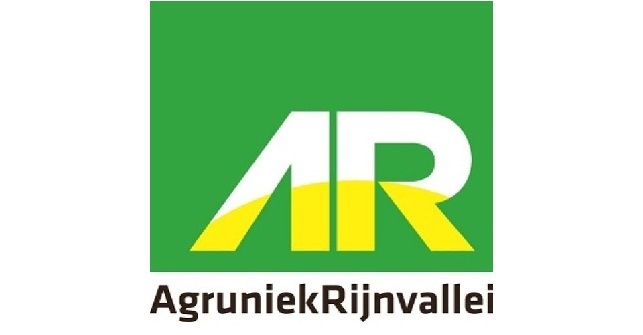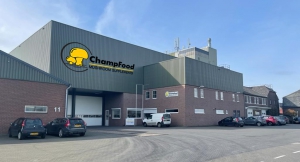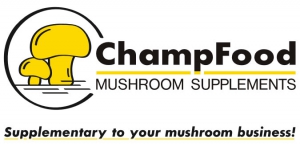ChampFood, leading through innovation
ChampFood International is located in Vierlingsbeek, North Brabant. They produce ChampFood, a natural and organic mushroom supplement, which is available worldwide.
Their company was founded in 1990 by Toon Donkers and Jan Baltussen and has since then been active as producer, supplier, and distributor of ChampFood supplementary food for the mushroom industry.
From the start, the founders worked on higher productivity - and therefore bio-efficiency - of the fully grown compost, by developing an improved type of supplement.
In addition they developed a specific treatment that ensured that the added proteins were released even more equally during the flushes.
In 2008 the company moved to its current production location, enabling further growth and innovation. In addition, the team was reinforced with the arrival of Eric Vernooij, who has enriched the sales team with his knowledge of mushroom cultivation.
Technological development
Through the continuous use of the latest technology in terms of absorption requirements and based on in-depth nutritional and practical knowledge of composting and cultivation, ChampFood has become a market leader with a leading product; ChampFood now supplies a wide variety of products for supplementing the cultivation of white and brown mushrooms and other mushroom exotic species all over the world.
An important part of their success is the good relationship with their customers. Intensive cooperation with their customers enables them to adapt customised supplement compositions to the type of compost/recipe. Their customers let them know that they appreciate that flexibility. As a result, they have developed a large number of customized recipes for their customers over the years.
Challenge
A rapidly growing world population that demands more food is a difficult issue. Because the mushroom sector is relatively flexible and can therefore respond well to these problems, ChampFood sees many developments in mushroom cultivation. Fortunately, a lot of knowledge is shared within the mushroom industry, often originating from Dutch roots.
The production of mushrooms is possible with raw materials such as straw, horse, and chicken manure and the harvest can take place both manually and mechanically. Innovative hand harvesting systems are increasing, although they require high investments. The costs of raw materials and energy are also increasing. It is therefore important that the harvest produces enough to compensate for investments and costs.
The importance of efficiency
In the future, the viability of a production company will no longer be determined solely by the maximum number of kilos of mushrooms per m2, but also by keeping the costs per cultivation area as low as possible, so that the highest possible return can be generated. This requires the highest possible bio-efficiency of the substrate. Supplementing the substrate will therefore become even more essential. It now appears that the worldwide production of mushrooms is 15% to 20% higher when using a supplementary substrate. ChampFood is convinced that supplementation will therefore play an even more significant role, especially since the cost of supplement is less than 5% of the total costs per m2 of cultivation area (not even taking into account energy and labor costs). This makes the application of supplements a very healthy and solid investment.
ChampFood would like to welcome you during the Mushroom Days at their stand number 53.
By Ray Samp, Agari Culture Mushroom Consulting Services
ChampFood International is a market leader in the worldwide mushroom industry. For that reason they are in contact with many renowned composters, mushroom growers and consultants.
Due to their international network they are familiar with the latest developments, trends and newly acquired knowledge.
Frequently they ask their international contacts to share their experiences and knowledge with them.
This time it’s Ray Samp’s turn. They asked Ray to share his thoughts regarding the differences between Dutch and US mushroom growing strategies.
Why do they do what they do?























